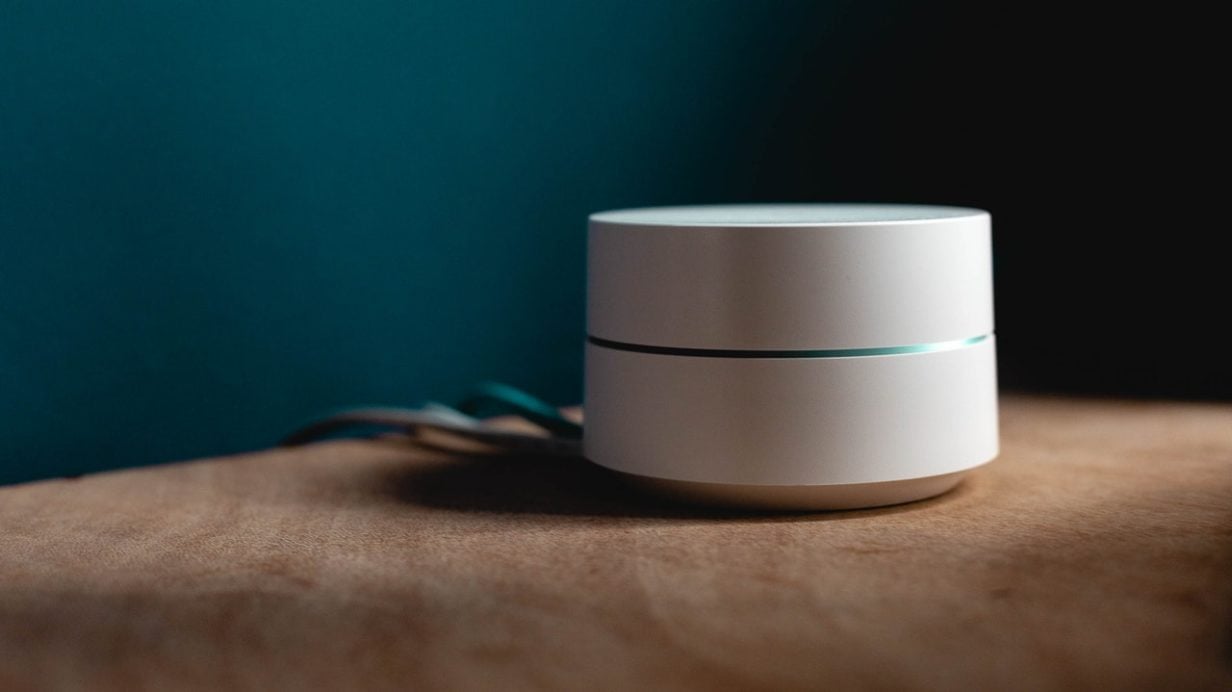
Smart Home Technology Isn’t Just For Tenant Convenience
Smart home technology is no longer reserved for the rich. In today’s real estate market, many homes come with a standard package of smart devices like thermostats, locks, and security systems. This applies to homes for sale and rentals.
While smart home devices are convenient, tenants are concerned that internet-connected devices are a threat to their privacy. For instance, an increasing number of landlords are using automatic door locks with facial recognition systems to grant entry into the building. Tenants who don’t want to be tracked and recorded have filed lawsuits to stop this practice.
While smart surveillance relying on biometric data can be invasive, not all landlords are trying to be nosy. Most landlords just want to secure their building and keep unauthorized people off the property. Plus, smart home technology has the potential to provide the landlord with more income. Who wouldn’t pay a little extra to control the thermostat from the comfort of a warm bed?
Although tenant convenience and security have been the top incentives for landlords to implement smart technology, a company called Teman GateGuard promises to use this technology to solve another problem for landlords.
Landlords are being encouraged to use smart technology to raise the rent
According to cnet.com, Teman GateGuard is pitching smart surveillance technology to landlords in New York to help them sidestep new rent control regulations that prevent them from collecting market rate for their units. With this new legislation, the only way New York landlords can raise the rent to market prices in a rent-stabilized unit is to vacate the unit. Gate Guard promises to solve this problem, but first it’s important to understand what happened with New York’s rent control laws.
New York rent control is now stricter than ever
In June 2019, New York passed legislation that makes it harder for landlords to raise rents for rent-stabilized units. Under former regulations, a landlord could charge market price for a rent-stabilized unit occupied by a tenant making $200,000 per year or more. A landlord could also increase the rent by up to 6% following a major capital improvement to the building. However, the new legislation eliminates and diminishes those exceptions.
That’s where Teman GateGuard comes in. Landlords are being told they can use a product called the AI Doorman Intercom to photograph all visitors to find out if a tenant is breaking the rules like illegally subletting or running an Airbnb. When a tenant breaks the rules, they can be evicted.
Using smart video surveillance to monitor tenants could be the best way for landlords to prove a tenant is violating their lease. However, tenants don’t like being watched.
Privacy is still a big concern for tenants
Landlords want tenants to follow the rules and pay rent on time. Tenants want their landlords to stay out of their business. Landlords who use video surveillance beyond a simple security camera for common areas usually come under fire in the courts.
Perhaps the biggest concern tenants have is privacy over their data. For instance, when a tenant uses a key fob to enter or exit an apartment building, that data is recorded, and the landlord will know when a tenant and their family members are home. Since there are no laws detailing what can be done with data collected this way, landlords could potentially sell it to advertisers – or anyone.
A bigger concern over privacy was explained in the New York Times. “In the most concerning cases, some smart home systems give landlords access to a resident’s utility data, such as heat, electricity and Wi-Fi usage rates. Using this information, bad actor landlords have a new tool at their disposal to harass tenants – and in some cases, try to evict them.”
It’s time to blend convenience with privacy
Keyless entry and biometric video surveillance offer tenants convenience and security, although it comes at a price. Ideally, trustworthy landlords will use this technology for good and not take advantage of tenant privacy. The challenge for tenants is renting from landlords who won’t abuse the technology.
Currently proposed legislation seeks to make it illegal for residential landlords to use facial recognition technology in New York, and other legislation seeks to give tenants control over any data collected by landlords.
New York is the first state to take action against these privacy violations and the state’s success will inspire other states and cities to follow suit.